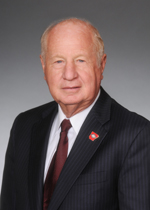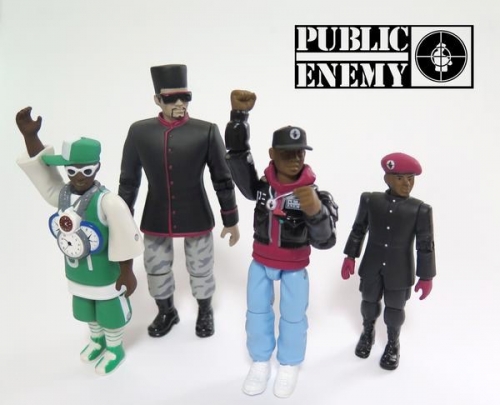Numerous professors at Columbia University signed off on an open letter in defense of “robust debate about the history and meaning of the war in Israel/Gaza.” Among other things, the letter defends a student statement about the war,
In our view, the student statement aims to recontextualize the events of October 7, 2023, pointing out that military operations and state violence did not begin that day, but rather it represented a military response by a people who had endured crushing and unrelenting state violence from an occupying power over many years. One could regard the events of October 7th as just one salvo in an ongoing war between an occupying state and the people it occupies, or as an occupied people exercising a right to resist violent and illegal occupation, something anticipated by international humanitarian law in the Second Geneva Protocol. In either case armed resistance by an occupied people must conform to the laws of war, which include a prohibition against the intentional targeting of civilians. The statement reflects and endorses this legal framework, including a condemnation of the killing of civilians.
The statement concludes with a demand that Columbia University reverse a decision to create curricular and research programs in Israel, a demand also made by over 100 Columbia faculty last year, and that the university cease issuing statements that favor the suffering and death of Israelis or Jews over the suffering and death of Palestinians, and/or that fail to recognize how challenging this time has been for all students, not just some.
It is worth noting that not all of us agree with every one of the claims made in the students’ statement, but we do agree that making such claims cannot and should not be considered anti-Semitic. Their merits are being debated by governmental and non-governmental agencies at the highest level, and constitute a terrain of completely legitimate political and legal debate.
So, the intentional targeting and slaughter of civilians at a music festival and infants in their beds is to be “recontextualized” as “military action.”
To be honest, it’s hard to be mad. Ivy League professors providing cover for anti-semitism is the most Ivy League thing ever.


